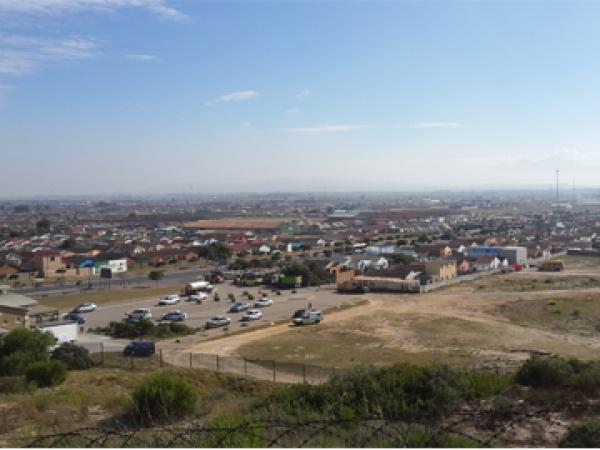Police accused of extortion

The Khayelitsha Commission has heard testimony about refugees and their vulnerability to violence and exploitation.
Vicki Igglesden is a researcher specialising in refugees in South Africa. On Monday she presented research she conducted in December 2013, aiming to understand refugees’ experiences of policing.
She interviewed 21 refugees who live and work in Khayelitsha. Almost all of them were Somali men who work in the spaza shop industry.
Igglesden testified that Somali shop keepers do not trust the police, they are often victimised by gangs of armed robbers and then re-victimised by police who extort and mistreat them. When called to respond to a crime at the spaza shop, the police will often be more interested in the foreign national’s identity and searching for illegal firearms, rather than investigating the initial crime they were called for. There are also instances in which police will steal from the spaza shop while searching them. Particularly common is the theft of cash and airtime.
One shocking instance described by Igglesden was when a spaza shop was robbed. During the robbery a man who worked in the shop was shot. The police first searched the shop for firearms, then they refused to allow the injured shop worker to receive medical treatment from an ambulance on the scene. Once the man was being treated, the SAPS officials arrested the rest of the shop keepers, claiming that they were aware of an illegal firearm in the shop.
In another case a Somali man had his car stolen. Through his own investigation he found the car. He approached the police to help recover the vehicle. He was told that he needed to buy them braai meat before they would help him.
According to the men interviewed, SAPS officers arrive in the evening and search the spaza shops. They do not have warrants. They are threatening and speak aggressively, saying things like “If you don’t open up, we’ll break the door down”. There are often instances of malicious damage to property. Extortion is also common, with police requesting cooldrinks and chips. These requests are made with either the implicit or explicit statement that providing chips and cooldrinks will allow the shop to stay open in the evening.
Respondents expressed a pervasive lack of trust in the police. They said that the police make false accusations in order to justify their exploitation of Somali shop owners. The police are overly focused on illegal firearms carried by Somalis, taking these weapons and leaving shopkeepers vulnerable to violence and robbery.
One Somali man commented during his interview: “if the police are not serious about you, the people will come to harm you.”
Support independent journalism
Donate using Payfast

Don't miss out on the latest news
We respect your privacy, and promise we won't spam you.
Next: Disturbing video of “street justice” given to Commission
Previous: Untitled: an extract from Kgebetli Moele’s latest novel

This article is licensed under a Creative Commons Attribution-NoDerivatives 4.0 International License.
